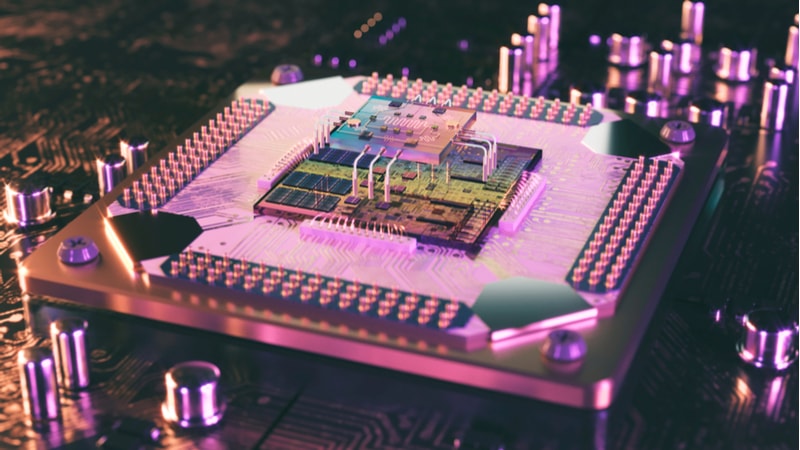
Quantum technologies have a broad range of revolutionary capability, but to see their full potential, it may require many years of development.
In a report by the Government Accountability Office (GAO), the agency looked at how these technologies could revolutionize sensors, computation, and communication by building “on the study of the smallest particles of energy and matter to collect, generate, and process information in ways not achievable with existing technologies.”
While there’s still a long way to go for quantum, GAO did detail that sensors, computers, and communications using quantum were more mature than other types of quantum technologies.
For quantum sensors, GAO says that they are the most established and would likely require “at least five more years” of development to reach their full potential.
Quantum communications have made advances in fiber optics and satellites, but do have limited range. In at least 10 years, GAO says, the tech might have more long-distance capabilities.
Quantum computers might have the longest timeline for reaching its full potential, with GAO estimating at least 20 years for the technology to solve problems of practical significance.
There are plenty of opportunities with quantum technologies, including making advancements to improve measurement, enable secure communication, solve complex computational problems, and to possibly create a quantum internet, but quantum might also pose a significant threat to information security. Among information security challenges as it relates to quantum include:
- Depending on collaboration across institutions, skills sets, and workforce;
- Developing other technologies with new capabilities;
- Determining operating limits “to achieve the ultimate quantum physics limits to precision measurement;”
- Application and algorithm development requiring large amounts of data; and
- Cybersecurity evolving “to create quantum-proof encryption and protect existing information.”
These challenges, along with questions surrounding policy across the United States, will play heavily into the future of quantum technology development, but GAO says that further development could strengthen the U.S. national security, improve business, and accelerate computation for machine learning and decrypting information.
